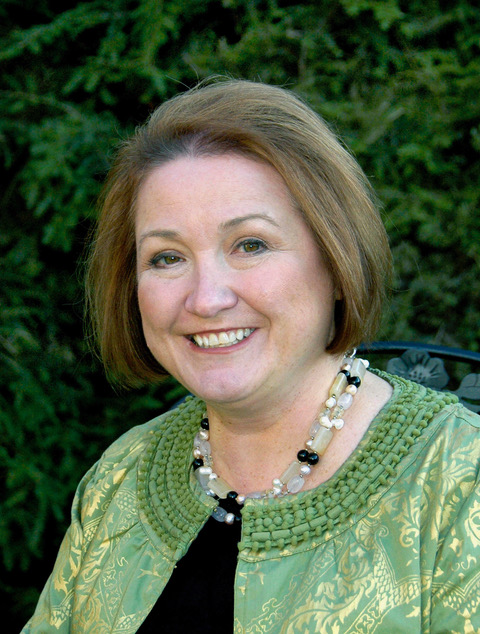Combatting stress: A conversation with specialist Pam Ressler
by Pam Ressler

Stress management specialist Pam Ressler
What fueled your interest in stress reduction? What in your background propelled you to this field?
I have been in the healthcare field for over 30 years, in nursing, education and consulting. My interest in stress management (note: while we may not be able to always “reduce” our stress, we can certainly manage it more effectively) began when I began to work with patients and families who were dealing with chronic medical conditions. During the 1980’s we were learning more about the beneficial role mind-body medicine, such as meditation, mindfulness, yoga, etc, had on how our bodies respond to illness and disease.
My interest in stress and how we work with it grew as I began to work with kids as a school nurse and also in my work teaching new healthcare practitioners at the university level. Through my personal and professional experience, it became apparent to me that stress levels for both patients and their healthcare providers were growing to epidemic levels, and at the same time our levels of resilience (the ability to bounce back when faced with adversity) were declining.
Does stress accumulate as we get older, even after our child-rearing and career-building days may be over?
Yes, several studies have shown that stress is cumulative, and both psychological and physical stress combine to create an even greater impact of stress. What I find fascinating is that research has shown that specific mind-body interventions, such as mindfulness meditation, yoga and tai chi can actually repair damage caused by high levels of stress. This is great news for all of us.
Are there stress reduction tools specifically for those of us who are older, or are the techniques applicable at any age?
While most stress management tools are not age specific, I find that older individuals find the practice of mindfulness meditation, either in the form of sitting meditation or chair yoga very restorative and doable.
We do know that for the most benefit consistent practice of about 20 minutes a day is sufficient to gain benefits physically and psychologically. Especially for those with chronic pain, mindfulness meditation, used along with medication and other forms of treatment, can be especially helpful in decreasing the intensity of pain, as well as improving quality of life.
How do you relax and unwind?
I try to practice what I preach to others. I do meditate daily and take time to deliberately notice something beautiful each day. I set the bar pretty low on what is beautiful — it could be an exquisite sunset, the smell of a freshly made cup of coffee, or the play of light on my desk. I love to write haiku, and try to write one a day during the month of January to jump start my mindfulness into the new year (*you can read many of my haiku on my blog StressResources.com/blog)
Is life getting more stressful, or not?
Our expectation for rapid response (think texting, 24/7 news cycle, social media, smart phones) has produced an unnatural pace for most of us. While I am very engaged in technology, I do take time to pause many times during the day, It is important for all of us to recognize that we are running faster than the speed of life and we can take deliberate pauses throughout our day to drop in to a more organic pace. My best advice is to start small and begin to notice the present moment, which is often the most elusive.
Comments
Be the first to leave a comment!